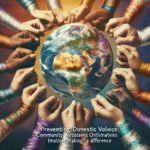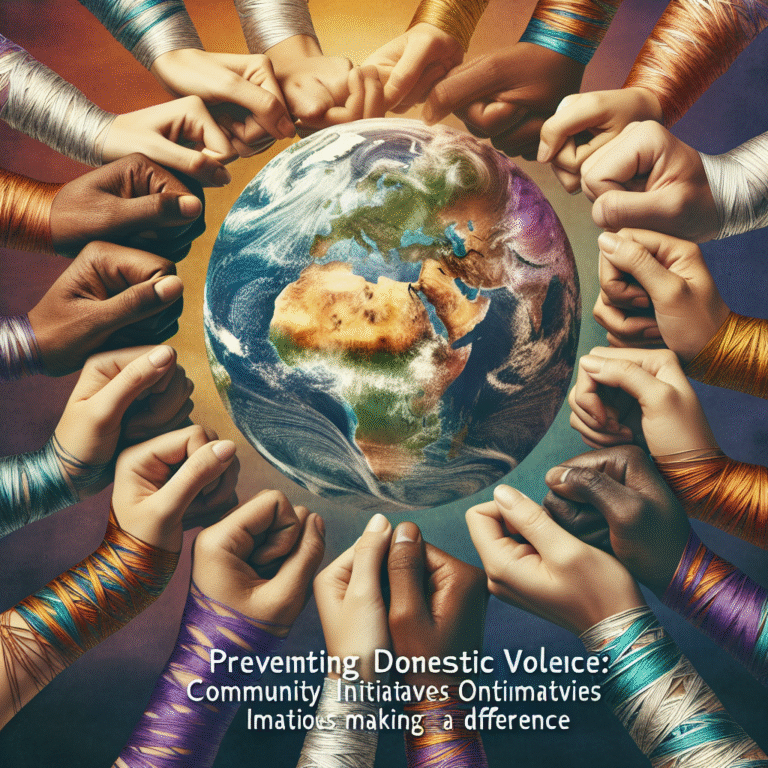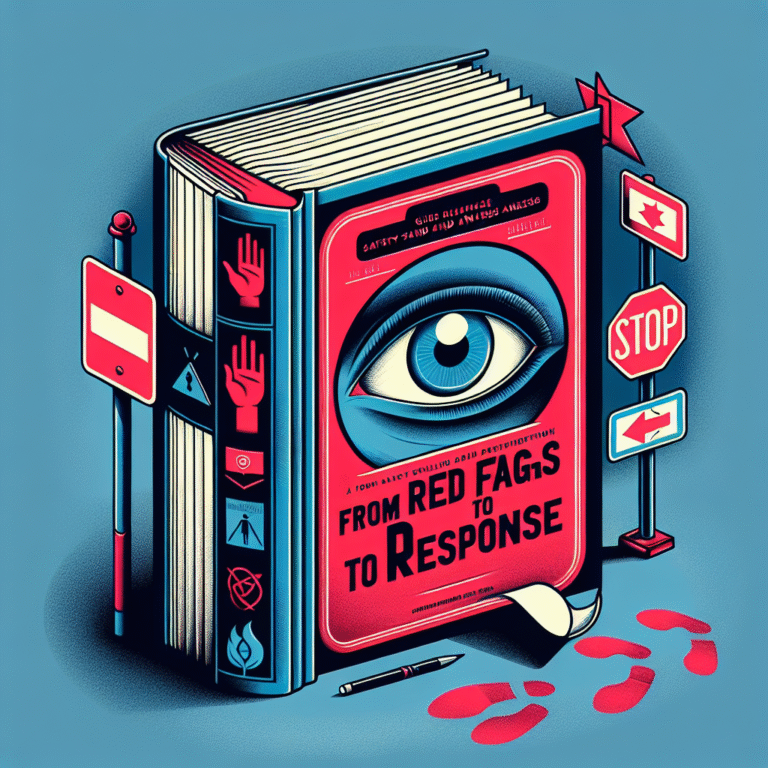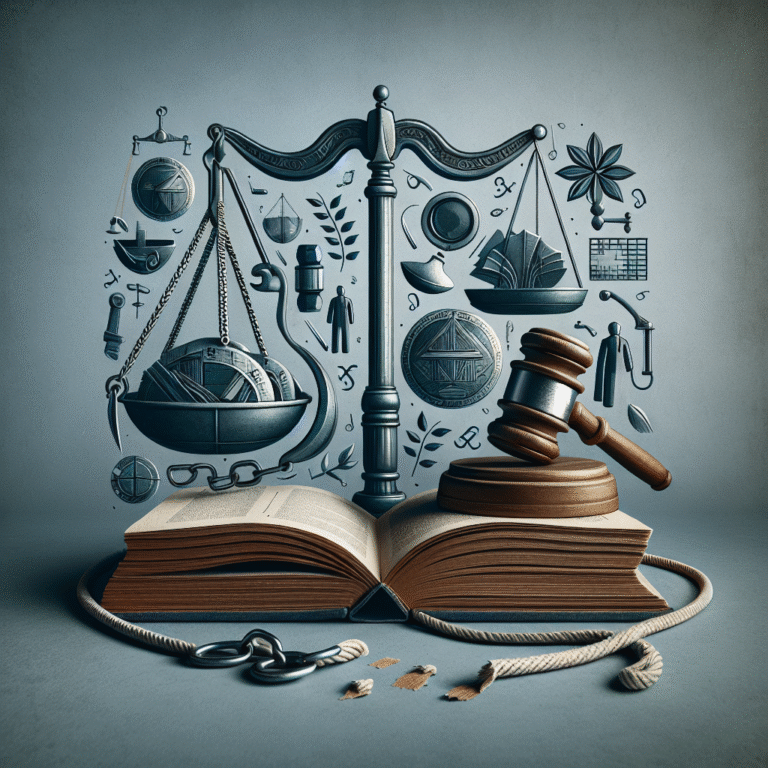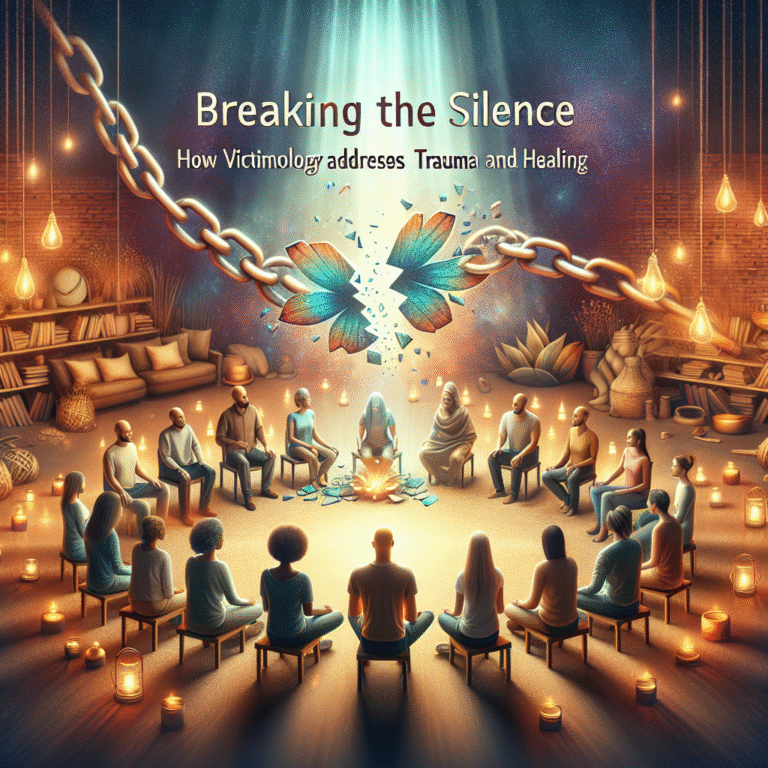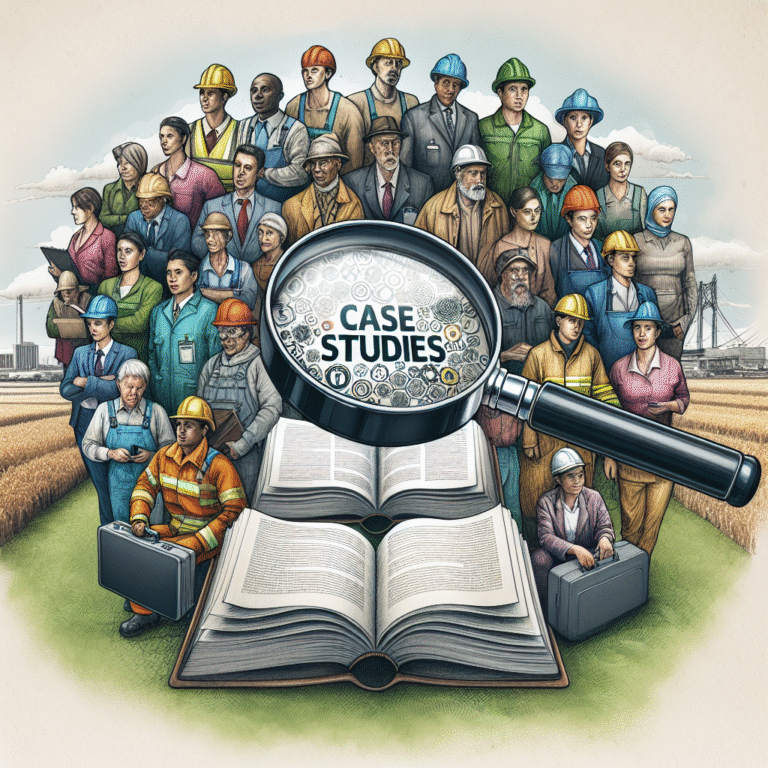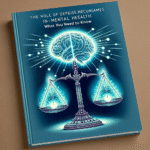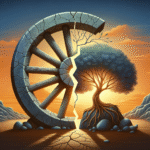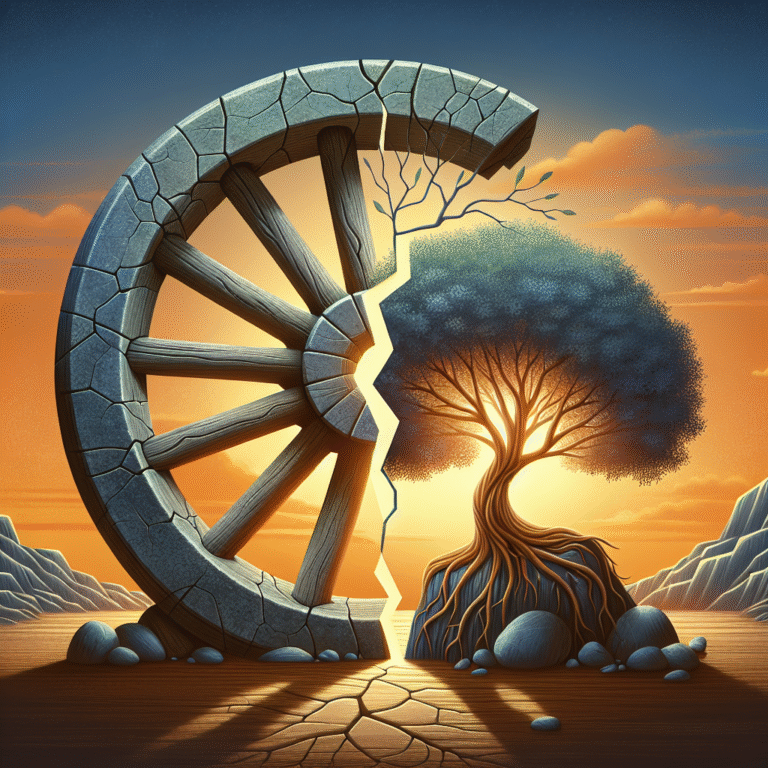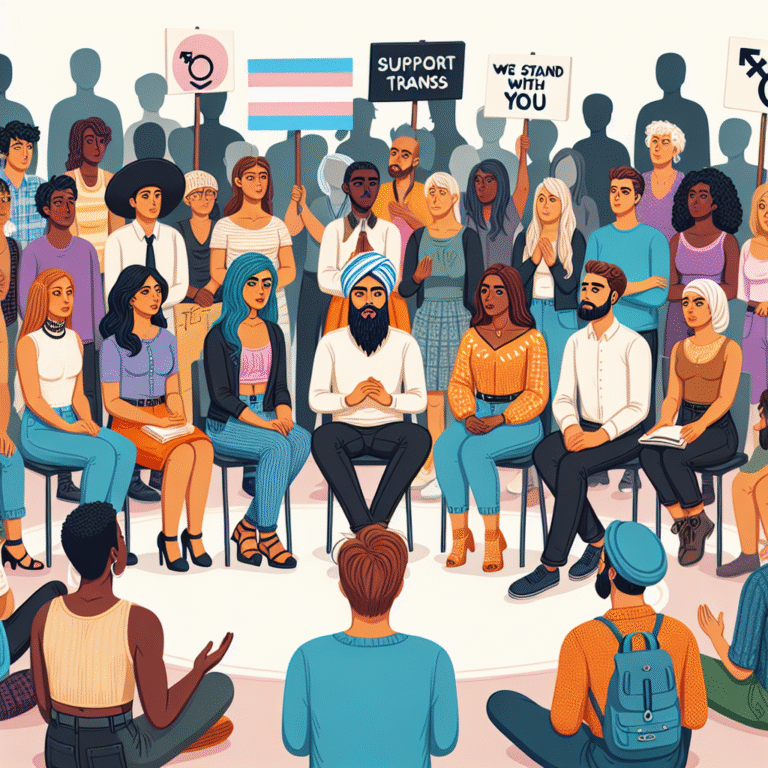
Introduction
In a world that often seems divided by competing interests and ethical dilemmas, the journey from innocence to integrity has never been more crucial. Understanding the stages of moral growth not only guides us in personal decision-making but also enables us to cultivate a culture of ethical responsibility. This article delves into the transformative process of moral development, shedding light on how we can evolve from simple ethical awareness to a profound sense of integrity that influences our actions and decisions. Join us on this exploration of moral growth and discover tools for nurturing your own ethical journey.
The Importance of Moral Growth
Why Understand Moral Growth?
Moral growth influences our relationships, decision-making, and societal contributions. Individuals with high moral integrity often inspire trust, enhance collaboration in groups, and foster healthy communities.
The Consequences of Ignoring Moral Growth
Neglecting the stages of moral development can lead to a disconnection from our values. This disconnection often results in unethical behaviors, such as dishonesty or exploitation, harming both the individual and society. Understanding moral growth is essential to bridging this gap.
| Consequences of Ignoring Moral Growth | Potential Social Impact |
|---|---|
| Ethical lapses in leadership | Erosion of trust |
| Corruption in organizations | Societal division |
| Personal guilt and cognitive dissonance | Decrease in mental well-being |
Theoretical Frameworks of Moral Growth
Several psychological theories provide frameworks for understanding how morals develop. Prominent among these are Lawrence Kohlberg’s stages of moral development and Carol Gilligan’s ethics of care.
Kohlberg’s Stages of Moral Development
Kohlberg identified three main levels of moral reasoning, with each level containing two stages:
-
Level 1: Pre-Conventional Morality
- Stage 1: Obedience and Punishment Orientation
- Stage 2: Individualism and Exchange
-
Level 2: Conventional Morality
- Stage 3: Good Interpersonal Relationships
- Stage 4: Maintaining Social Order
- Level 3: Post-Conventional Morality
- Stage 5: Social Contract and Individual Rights
- Stage 6: Universal Principles
Gilligan’s Ethics of Care
Gilligan challenged Kohlberg’s framework, emphasizing the role of relationships and care in moral reasoning:
- Stage 1: Orientation to Individual Survival
- Stage 2: Goodness as Self-Sacrifice
- Stage 3: The Morality of Nonviolence
By examining these frameworks, we can gain deeper insights into how individuals progress from a state of innocence regarding morals to a founded sense of integrity.
Case Studies Illustrating Moral Growth
Case Study 1: The Journey of a Business Leader
Consider the transformation of a business leader who initially focuses solely on profit maximization. Over time, through reflective practices and ethical training, he shifts toward creating sustainable business practices that prioritize community wellbeing over short-term gains. This journey highlights Kohlberg’s progression, showing how one can evolve from self-interest (Level 1) into a more altruistic perspective (Level 3).
Analysis
This example underscores the importance of promoting a culture of ethical development in organizations. The transition from innocence to integrity often requires conscious effort and guidance, which can significantly impact corporate ethics and social responsibility.
Case Study 2: A Student’s Ethical Dilemma
In a high school setting, a student faces the decision to cheat on a pivotal exam. Initially motivated by peer pressure and a fear of failure, the student ultimately chooses honesty, influenced by a supportive teacher. This scenario illustrates the shift from obedience to a personal understanding of integrity.
Analysis
This case demonstrates the importance of mentoring and influence in nurturing moral growth. A supportive environment promotes ethical reasoning and helps students navigate challenges, leading to enhanced integrity.
Stages of Moral Growth Explained
Stage 1: Innocence
At this stage, individuals are unaware of ethical complexities. Morality is largely dictated by external expectations. For example, a child may understand right from wrong primarily through parental guidance.
Stage 2: Awareness
As awareness develops, individuals start to question norms and understand the implications of their actions. This is a critical juncture where personas begin to develop a personal moral framework.
Stage 3: Conscience
With a growing sense of responsibility, individuals start to align their actions with a set of ethical principles. This stage often encompasses empathy and the understanding of community impact.
Stage 4: Integrity
In this final stage, individuals embody their ethical beliefs consistently across contexts. Integrity becomes not just a personal trait, but a life philosophy influencing every interaction.
The Role of Education in Moral Development
Promoting Ethical Literacy
Educational institutions play a vital role in facilitating moral growth. Introducing ethical discussions in curricula helps students navigate moral dilemmas and grow into conscientious adults.
The Importance of Role Models
Teachers and mentors can significantly influence a student’s moral trajectory. Role models who demonstrate integrity can inspire younger generations to adopt similar values.
| Strategies for Promoting Moral Growth | Potential Outcomes |
|---|---|
| Incorporating ethics into the curriculum | Enhanced ethical reasoning |
| Providing mentorship programs | Greater community engagement |
| Encouraging reflective practices | Improved personal responsibility |
Embracing Challenges in Moral Growth
The Psychological Load of Ethical Decisions
As individuals progress from innocence to integrity, they may encounter heavy psychological burdens. The pressure to maintain ethical standards can lead to stress or burnout. Understanding this challenge is essential for supporting moral growth.
Navigating Ethical Dilemmas
Real-life ethical dilemmas can often test an individual’s moral compass. By preparing for these situations through scenario-based training, we can bolster resilience in the face of ethical challenges.
Conclusion
The journey from innocence to integrity is not linear and often involves reconciling conflicting values and beliefs. By understanding the stages of moral growth, we empower ourselves and others to navigate this complex landscape. Whether you are a leader, educator, or student, adopting a reflective approach to ethics fosters personal development and enhances societal wellbeing.
Motivational Takeaway
Embrace the continuous journey of moral growth. Each stage presents an opportunity to reflect, learn, and emerge with a more profound sense of integrity. In a world where ethical considerations are essential, nurturing this path will not only benefit you but also contribute to a brighter, more ethical future for all.
FAQs
1. What are the key stages of moral growth according to Kohlberg?
Kohlberg identified three main levels: Pre-Conventional, Conventional, and Post-Conventional, each containing two stages that describe the reasoning behind moral decisions.
2. How can parents and educators foster moral growth in children?
Parents can model ethical behavior, while educators can introduce discussions around morality and ethical dilemmas. Both can provide guidance and support through mentoring.
3. Does moral growth apply to adults as well?
Absolutely! Moral growth can occur at any age, depending on experiences, reflections, and new learning opportunities.
4. Why is integrity important in leadership?
Integrity fosters trust and credibility, essential qualities for effective leadership. Leaders with integrity inspire their team and promote a culture of ethical accountability.
5. What is the difference between ethics and morals?
Ethics refers to the set of rules or principles guiding behavior, while morals pertain to personal beliefs about what is right and wrong. Understanding this distinction is crucial for moral growth.
By understanding and navigating the stages of moral growth—from innocence to integrity—we can foster a more ethical, empathetic world. Let’s strive to learn and grow together!

